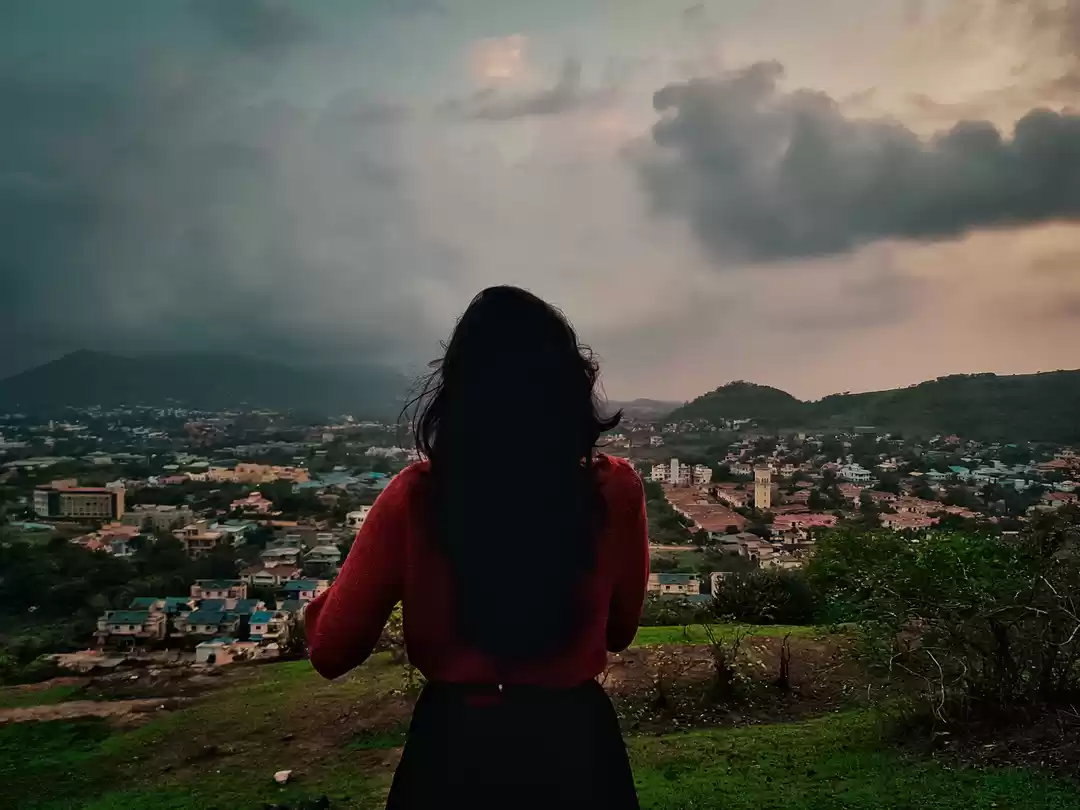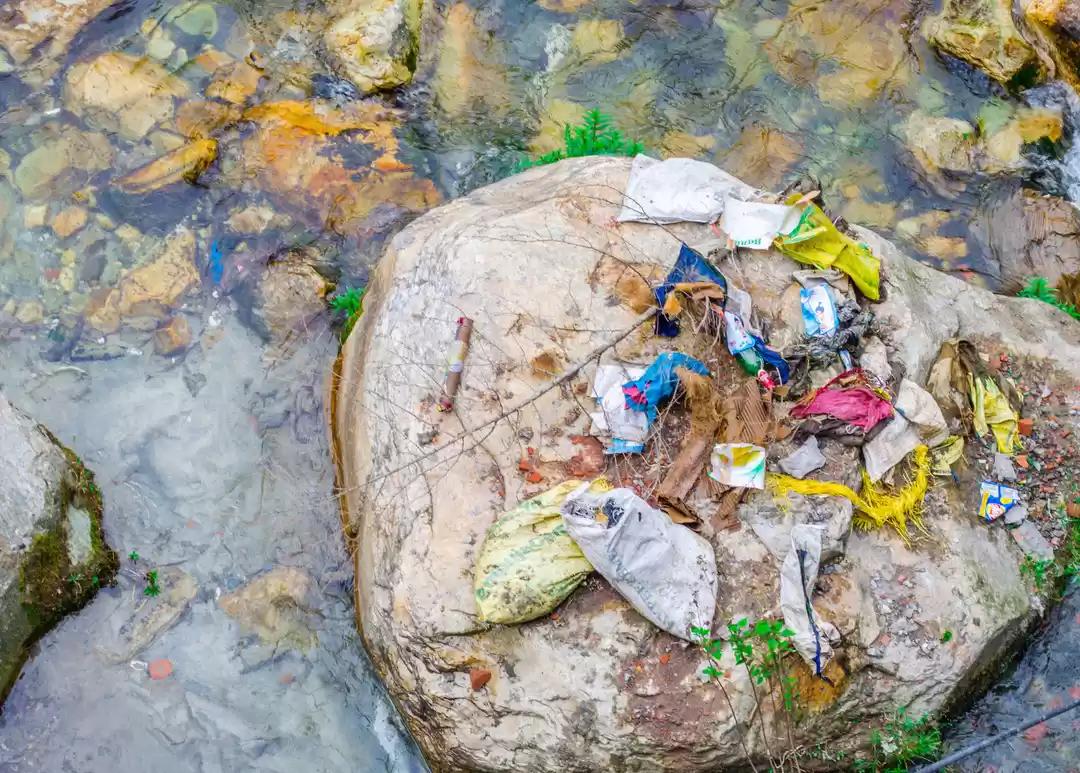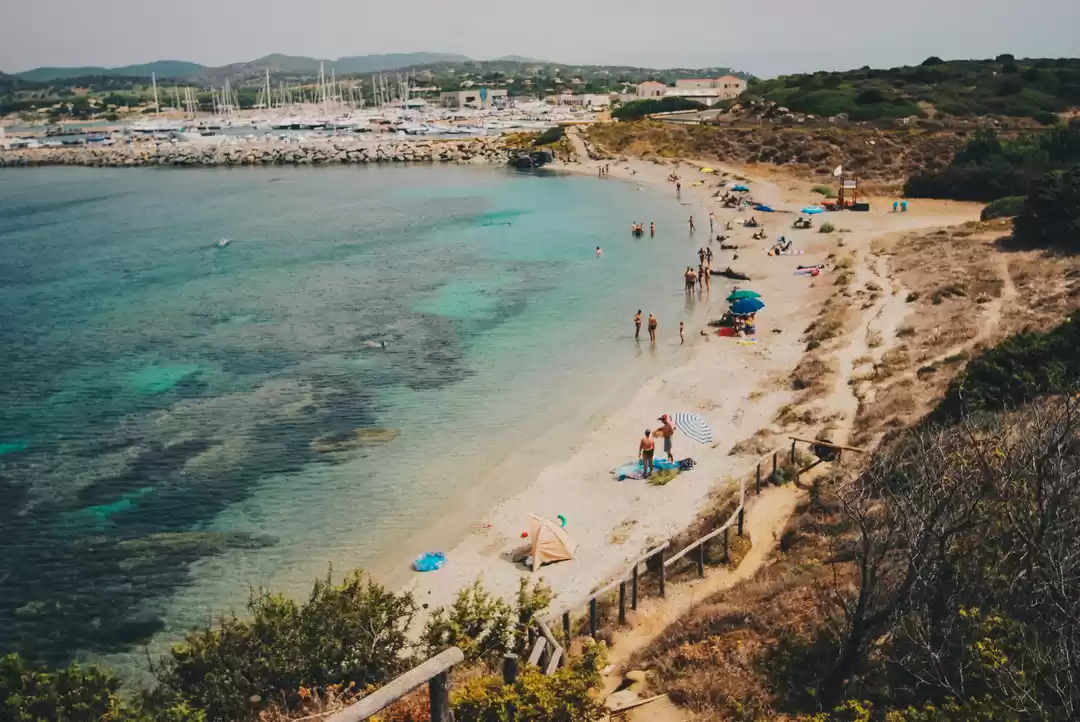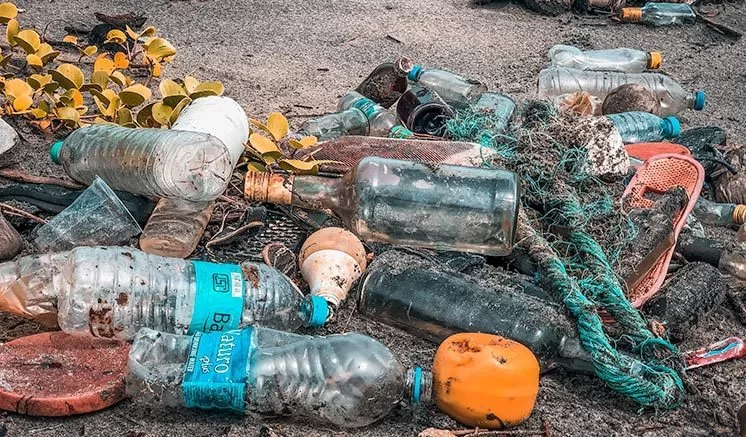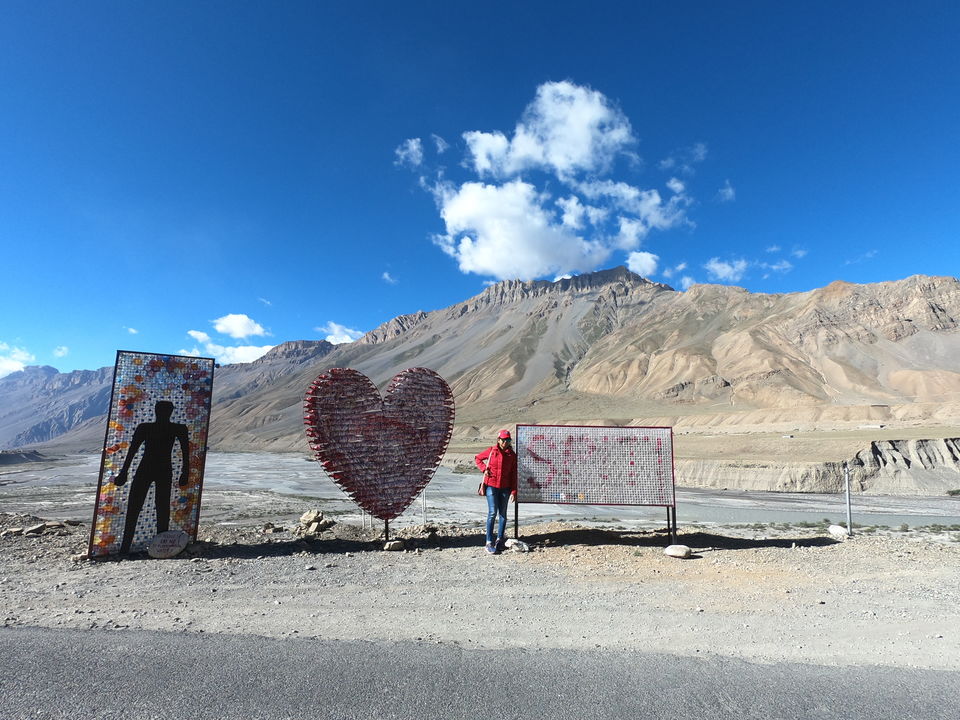
Globally temperatures are rising, melting glaciers and initiating wildfires, killing millions of species and dangerously affecting the eco-system. We, as humans do not realize how jeopardized has our future become, yet a few mindful choices of ours can reverse a lot of the damage done to our planet. With a recent boost gained by the tourism industry, mass tourism is ruining eco-sensitive terrains and depleting environmental resources. But, at the end of the day, we all love to travel. Don’t we? Through thousands of blogs everyday we are inspiring people to travel. So, as much as we are motivating people to travel, it’s now our duty to make you aware about responsible travel.

What does it actually mean when we say “travel responsibly”?
To travel responsibly means to travel in such a way such that there is minimal or zero negative impact on the environment, having a thorough understanding of the place you are visiting and how every step you take there can have a lasting impact on the landscapes, locals and the wildlife.

How to travel responsibly?
No packaged water bottles please! Yes, you’ve heard it right. You don’t need to buy loads of plastic mineral-water bottles as you hit the road; the easiest remedy being carrying your own bottle and re-filling it along the way. If you are freaking out about hygiene, then let me tell you, even in the remotest of Himalayan villages you can get boiled/filtered water from the locals or homestays. So, ditch the idea of buying tons of plastic bottles unnecessarily.
Ban single use plastic products in your trips: Do you know how to adopt zero waste policy while travelling? Its’ simpler than you think, the key words are reuse and recycle. Yes, get rid of the single use plastic bags and straws and everything that cannot be recycled. Munch on some healthy and homemade snacks instead of chips and packaged snacks.
Carry a trash bag with you: This is the best option while travelling to eco sensitive regions where there is an issue of littering. Carry your dry waste instead, so that you can avoid “throwing away” stuffs in an inappropriate location.
Opt for homestays rather than hotels: Believe it or not, the recent boost in tourism is actually killing the planet! A lot of new hotels/guest houses are springing up, putting massive stress on local land usage and thereby draining environmental resources. So, it’s always better to involve locals whether it’s about covering your stays or food.
Stop overuse of water: While you are travelling to places facing water scarcity, conserve water. You really don’t need to take bath everyday in regions which are anyway cold; prepare yourself for dry toilets before visiting arid or semi arid locations because every drop of water is expensive there, and you cannot insist on flush toilets like a spoilt tourist!
Lesser flights-more public transportation: Are you aware of the environmental impact of flying? In case you are not, then you need to know that flights emit a lot of greenhouse gases which in turn is released into the atmosphere. Apart from having a significant effect on the air quality, flights heavily affect our oceans too. So, what if we opt for alternative ways of travelling? How inconvenient it may seem, a journey by a train or any mode of public transport is likely to be more climate friendly than flying. But again, I agree that many of our journeys would not be possible without taking flights.
Travel slow: This one may seem difficult for people having a hectic work life, but slow travel is the new age travel mantra where getting connected to a place is much more meaningful than just covering lots of destinations in a haste. Travelling slow means sticking to a place for a longer time, soaking in it's culture and being present at the moment. Travelling need not just be a ticking-off-your-bucket-list; rather, it can add some value to your life and as well as others, if you allow it to be.
Educate and inform your friends and acquaintances too: A lot of people are quite clueless about the measures they can take so that they can reduce their carbon footprint. Although the increasing issues of pollution and a shift in global climate pattern is reaching a significant population worldwide, yet most of us are unaware of the methodologies one should adopt to fight or address these issues. So, talk to your acquaintances and friends, keep them well-informed; bring slow, sustainable changes in your lifestyle and household first. Perhaps a few baby steps towards a hopeful future.
















